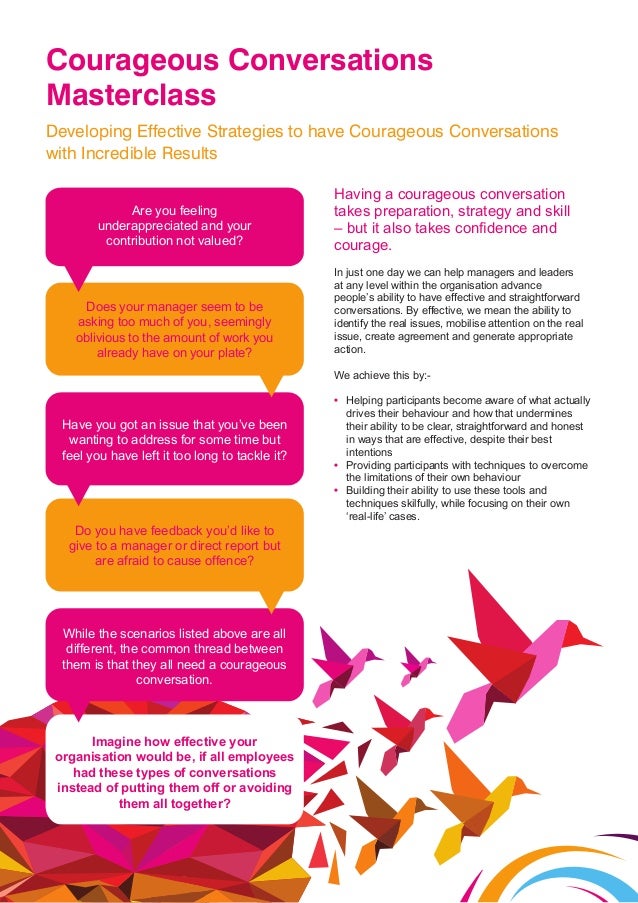

Maybe now I’ll think about hiring differently.’ Or ‘I’m teaching this course, and I realize I don’t include very many authors of color, and I should change that.’ Or ‘My neighbors are Black, and I’ve never spoken with them.’ Or ‘We never talk about race at the dinner table I should start having these kinds of discussions with my kids.’ You are the change.” The idea is to do that internal work and say, ‘I’m on the hiring committee for my department. “Yes, it’s important to think and talk about institution-wide solutions, but that’s not the point of this group. “The work of anti-racism is initially internal, and that’s what we keep the focus on,” said Vice Provost for Undergraduate Academic Affairs Akua Sarr. A key outcome, they note, is that each participant considers his or her individual role in addressing the challenges outlined during the session-an invitation not to change the world, just his or her small part of it.
COURAGEOUS CONVERSATIONS MODEL SERIES
Organizers emphasize that the series aims to complement, not overshadow, other dialogues and initiatives on campus pertaining to racial justice. And education and understanding are key to making significant change, even if it can be an unfair burden.”

“I know that for myself and other students of color, it can be mentally taxing to consistently hear and talk about racism and colorism and discrimination-but education isn’t easy.

“Courageous Conversations has taught me the importance of patience and listening,” said Gia Mitcham ’23, a communication major and marketing minor from Floral Park, NY. With a concise format and set of guidelines to follow, each meeting-whether in person or, as has been the case during the pandemic, over Zoom-is constructed as a thoughtful exploration of a specific topic or theme: racial justice and COVID-19, the sensationalism of Black pain, the 2020 election, mass incarceration and racial inequality, and artistic achievements of BIPOC, among others. Singleton and used as a model in various settings, from educational institutions to businesses to community groups. Each of the 8 conversations is explored separately with time to action what is learnt over a 30 day period with delivery options of either face to face workshops leader led conversations or a combination of both.Įach conversation covers a highly specific topic and skill and is customised to meet specific business needs.The BC program-a partnership between the Office of the Provost, Office for Institutional Diversity, Boston College Forum on Racial Justice in America, and Environmental Studies Program-is based on a protocol for interracial dialogue developed by author, consultant, and strategist Glenn E. This initiative can be delivered in the way that best aligns with your culture and enhances the implementation of your business strategy. Learn more about the Actionable Platform we use to collaborate successfully with our clients in building high performance habits within their organisations. Integrating one small behaviour change into daily activities means lasting habits are built, bridging the gap between the coaching conversation and the desired outcome. This allows your people to turn learning into new behaviours. The shifting learning landscape means that the key to creating positive workplace behaviour comes from a responsive, flexible and continuous approach. Unfortunately, there are many examples of coaching conversations that lead to no change in behaviours at all. The common denominator is the focus on conversations as opposed to reviews, assessments, and evaluations. The topic of performance reviews and re-thinking the traditional way of doing them has been widely discussed since early 2015 and an increasing number of organisations have dismantled them completely, busily replacing them with “frameworks” like continuous conversations, critical conversations, great conversations.


 0 kommentar(er)
0 kommentar(er)
